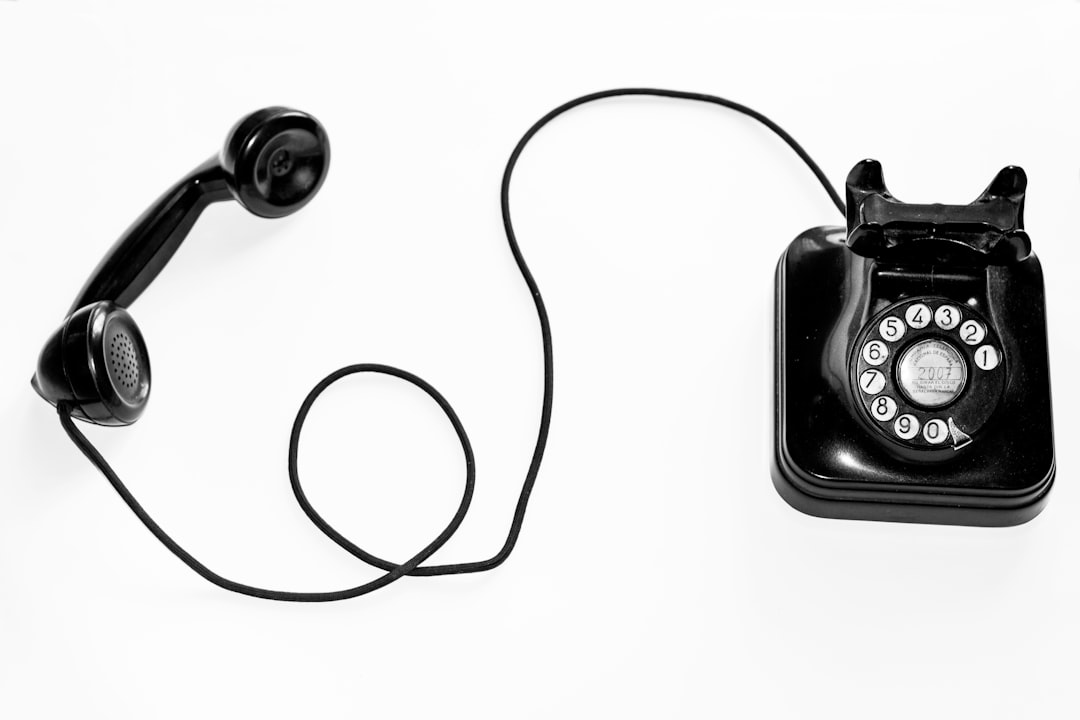In Virginia, where robocalls are prevalent, residents can take legal action under state and federal regulations. The Telephone Consumer Protection Act (TCPA) prohibits automated calls without consent, and Virginia laws offer additional protections. Victims can register on Do Not Call lists, use call-blocking features, and consult consumer protection attorneys specializing in robocall lawsuits. Successful legal action against robocall companies provides compensation and closes the loophole for other victims asking, "Can I Sue For Robocalls in Virginia?"
In the digital age, while enjoying scenic views at Grottoes Mountain View Park, Virginians are increasingly plagued by unwanted robocalls and voice scams. This article delves into the pervasive impact of automated fraud on residents, exploring both the legal framework and practical strategies to combat these nuisance calls. We also highlight success stories of individuals suing for robocall harassment in Virginia, shedding light on their victories and the potential avenues available to those affected, including the question: Can I sue for robocalls in Virginia?
Understanding Robocalls and Voice Scams in Virginia
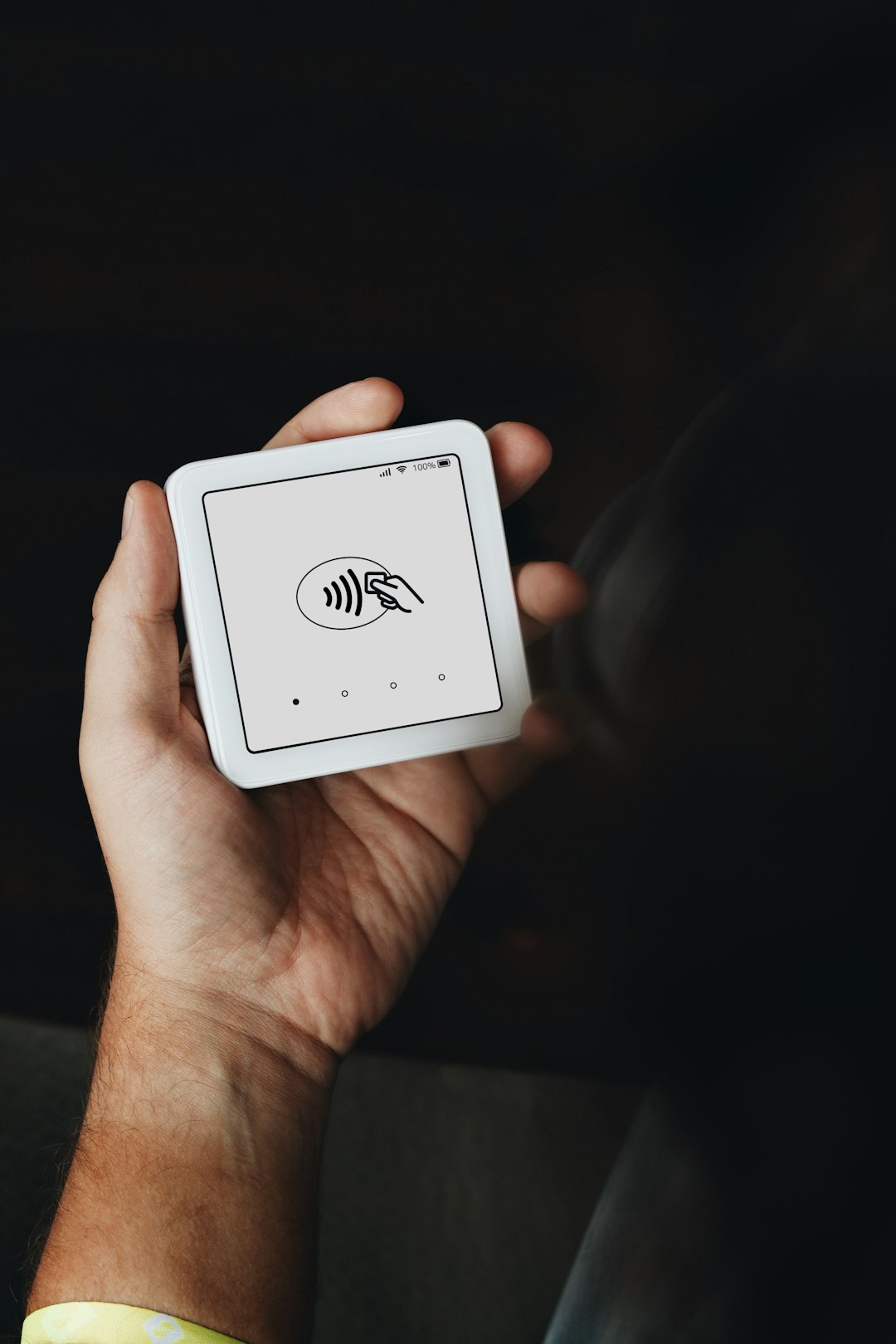
In Virginia, like many states across the US, robocalls and voice scams have become increasingly prevalent, causing frustration among residents. These automated calls often promote fraudulent offers, demand personal information, or attempt to trick recipients into providing money. The commonality of these scam attempts has left many Virginians wondering if they can sue for robocalls.
The ability to take legal action against robocallers is subject to various factors, including the nature of the call and local consumer protection laws. While there’s no specific law in Virginia that explicitly addresses robocalls, state and federal regulations provide avenues for recourse. Residents who have experienced persistent or harmful voice scams may consult with legal experts to explore options like filing a complaint with relevant authorities or seeking collective action through class-action lawsuits.
The Impact of Unwanted Phone Calls on Residents
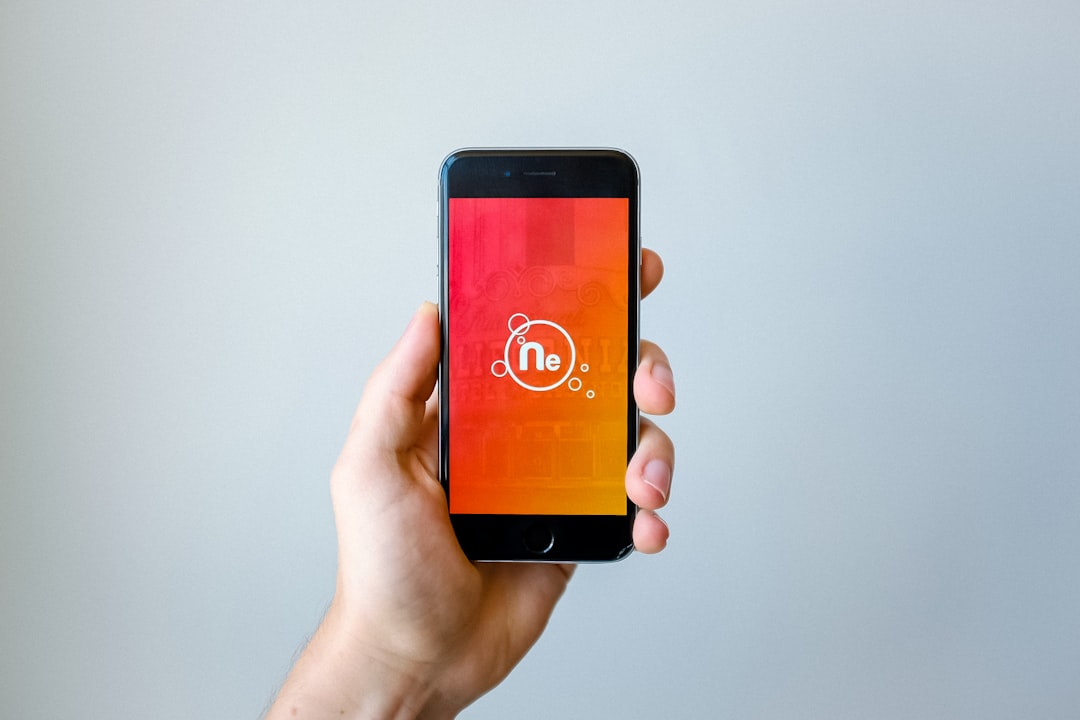
Unwanted phone calls, often referred to as robocalls or telemarketing calls, have become a significant nuisance for many Virginia residents. These automated or pre-recorded messages, typically delivered en masse, can disrupt daily life and cause distress. While some calls offer valuable services or promotions, others are nothing more than an annoyance, with their primary purpose being to sell products or services.
The impact of these unwanted calls is profound. Residents may feel their privacy invaded, leading to heightened stress and frustration. Many individuals have reported receiving numerous robocalls daily, making it difficult to reach the desired contacts. In some cases, people have even experienced financial losses due to falling victim to scams disguised as legitimate offers. With the rise of technology, scammers are finding innovative ways to target victims, and Virginia residents are not immune. Therefore, understanding one’s rights and options, such as exploring legal actions through Can I Sue For Robocalls Virginia, can empower individuals to take control and protect themselves from these intrusive and often fraudulent activities.
Legal Framework for Dealing with Robocall Fraud

In Virginia, the legal framework for dealing with robocall fraud is robust and designed to protect consumers from unwanted and deceptive telemarketing practices. If you’ve been a victim of robocalls, you may have the right to take legal action. The Telephone Consumer Protection Act (TCPA) is a federal law that prohibits automated phone calls or text messages to mobile phones without prior consent. It also restricts the use of prerecorded messages unless certain conditions are met.
Virginia’s laws further strengthen consumer protections by allowing individuals to sue for damages if they receive robocalls in violation of these regulations. If you can prove that a company or individual made telemarketing calls to your phone without your permission, you may be entitled to compensation. Understanding your rights under these legal frameworks is crucial when considering whether to sue for robocalls in Virginia.
Strategies to Combat and Block Automated Scams
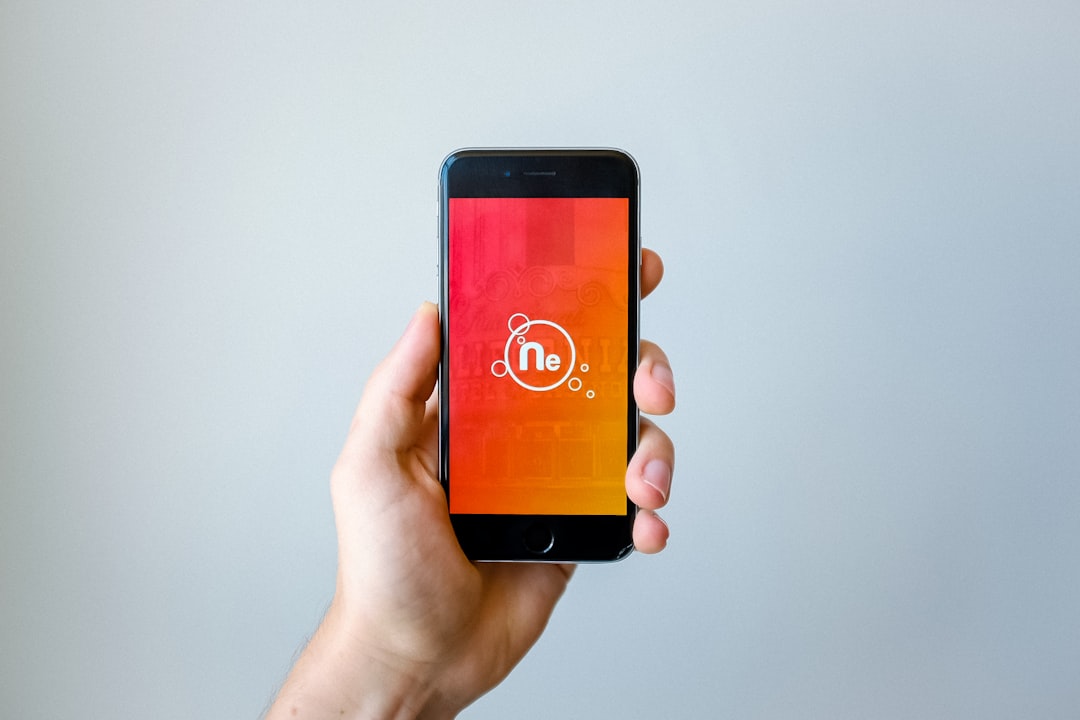
In the fight against automated scam calls, or robocalls, there are several strategies individuals in Virginia and beyond can employ to protect themselves. One effective method is to register on Do Not Call lists, both at the state and federal levels. The National Do Not Call Registry, accessible through the Federal Trade Commission (FTC), allows you to opt-out of marketing calls, significantly reducing unwanted robocalls. Additionally, many phone service providers offer call-blocking features that can automatically filter out suspicious or known scammer numbers.
For those who have fallen victim to voice scams and are considering legal action, it’s essential to understand the options available. In Virginia, there is specific legislation addressing robocalls, which may provide a basis for suit. Consulting with consumer protection attorneys who specialize in handling such cases can help determine if you have a valid claim, including the potential for financial compensation for distress caused by these illegal practices.
Success Stories: Suing for Robocall Harassment in Virginia
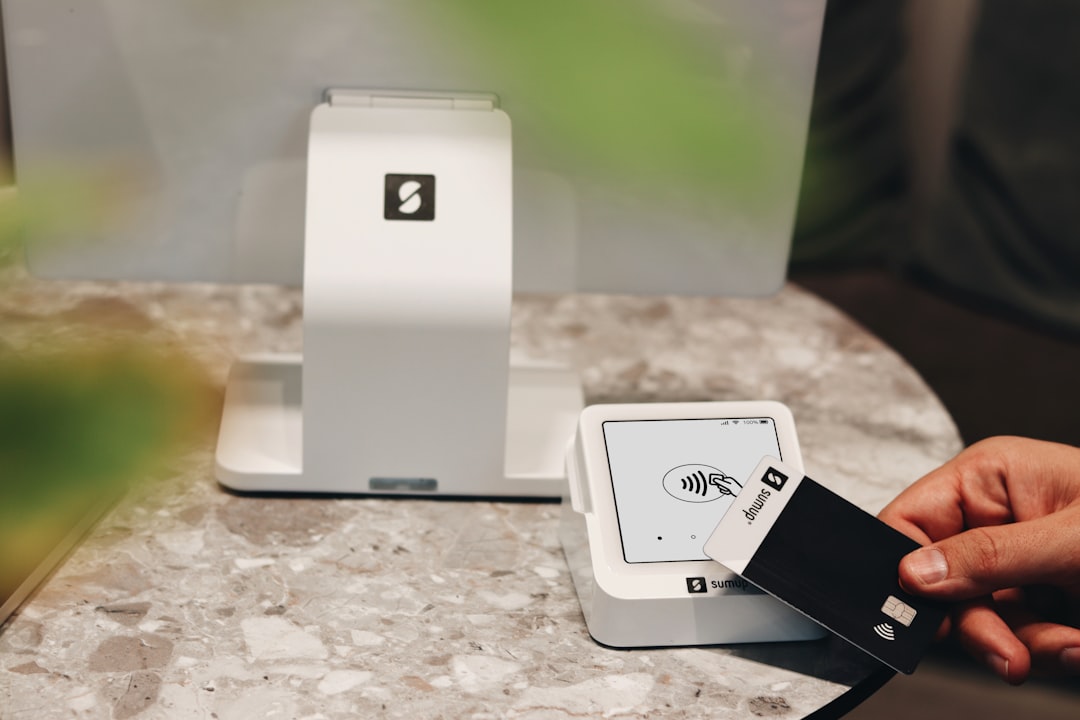
In recent years, numerous individuals in Virginia have taken a stand against relentless robocall harassment, with successful outcomes. These victory stories highlight the effectiveness of legal action when it comes to protecting consumers from unwanted phone calls. Many people have found relief and closure by suing companies responsible for these nuisance calls, setting a precedent for others facing similar issues.
When faced with constant robocalls, Virginia residents can explore legal options, including filing lawsuits under state laws that regulate telemarketing practices. These suits not only provide financial compensation but also serve as a powerful deterrent to prevent future violations. With the right legal representation, those affected can hold phone scam artists accountable and reclaim their peace of mind.


